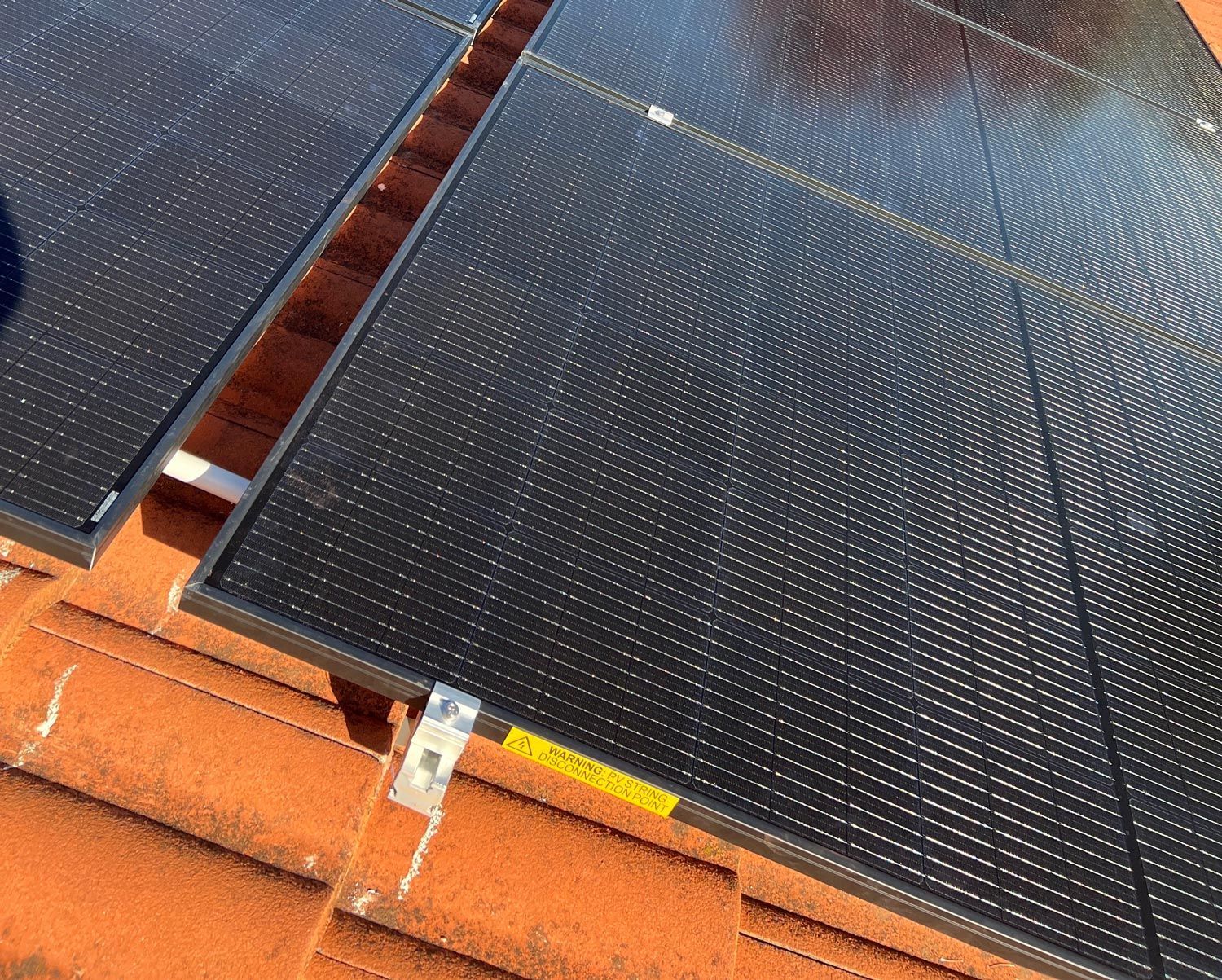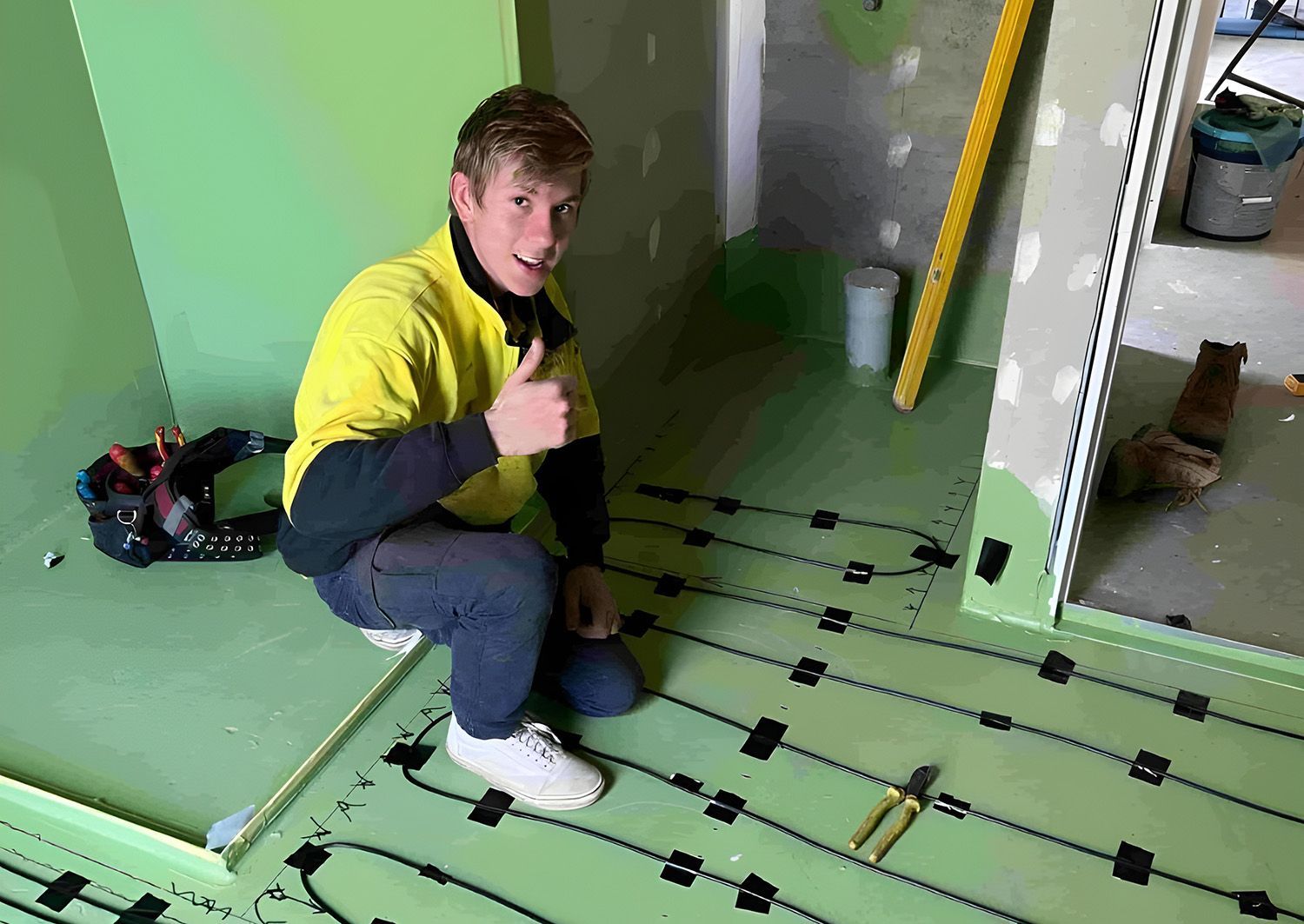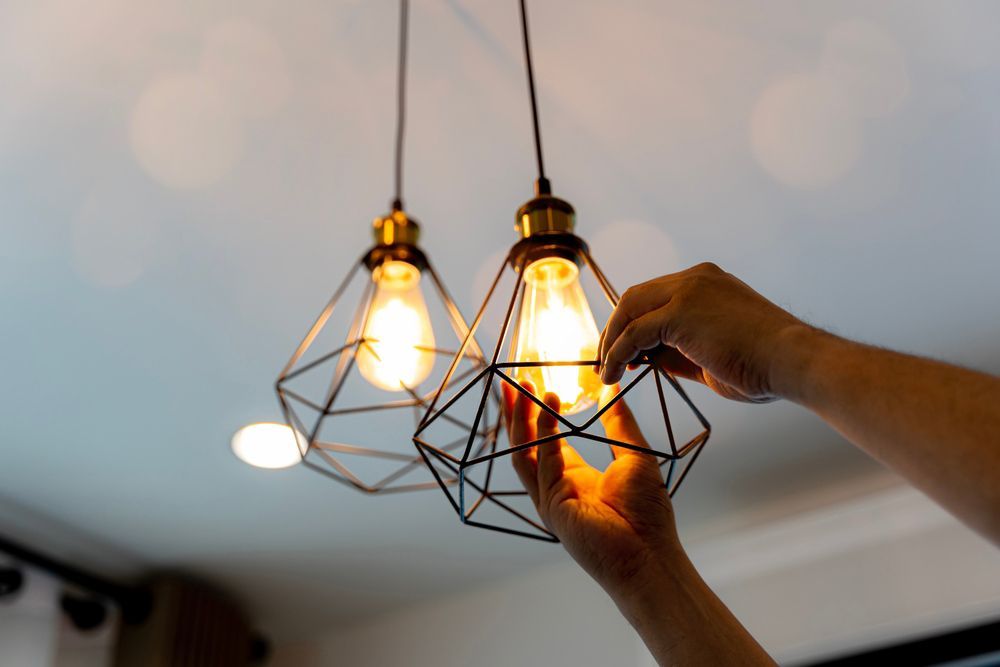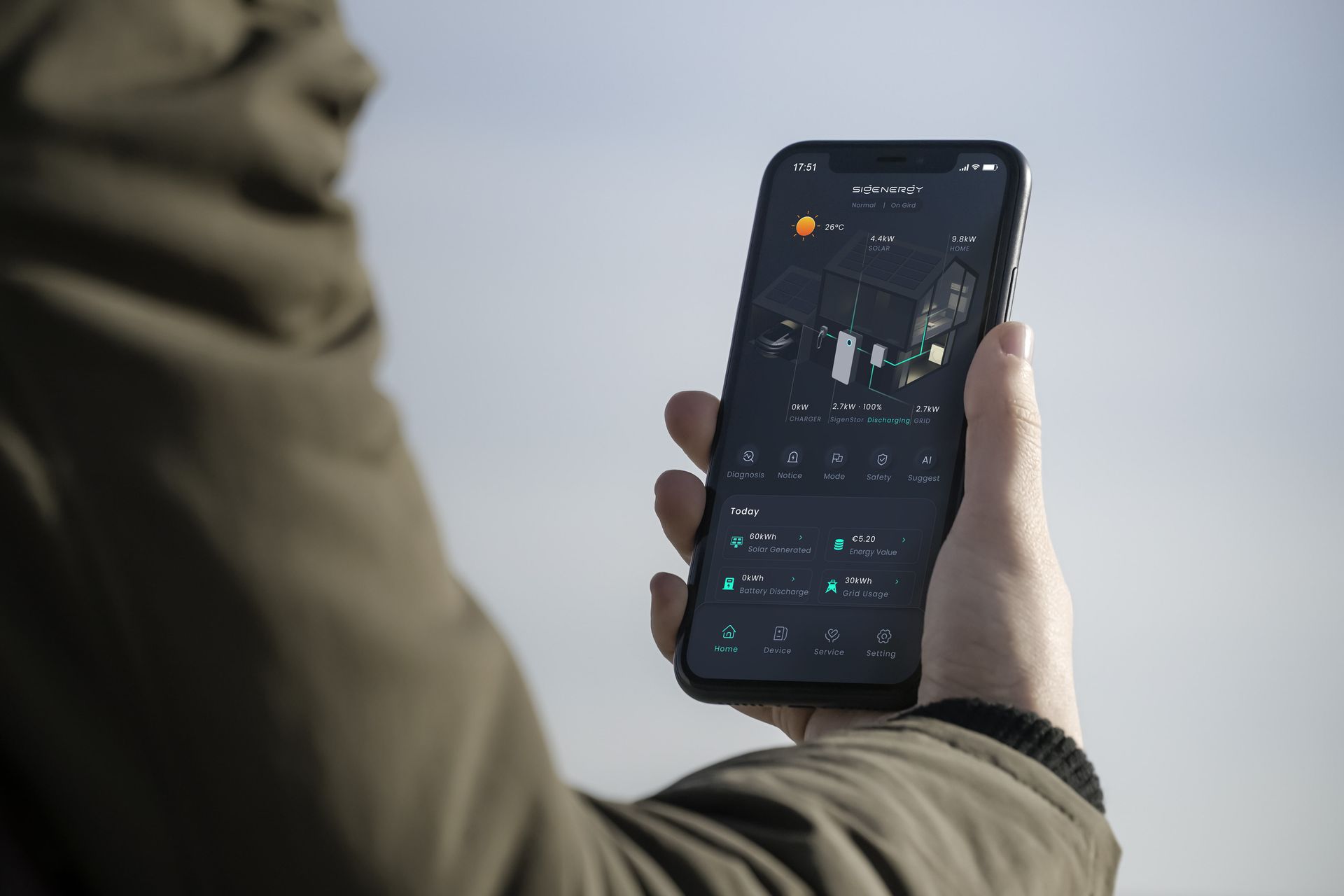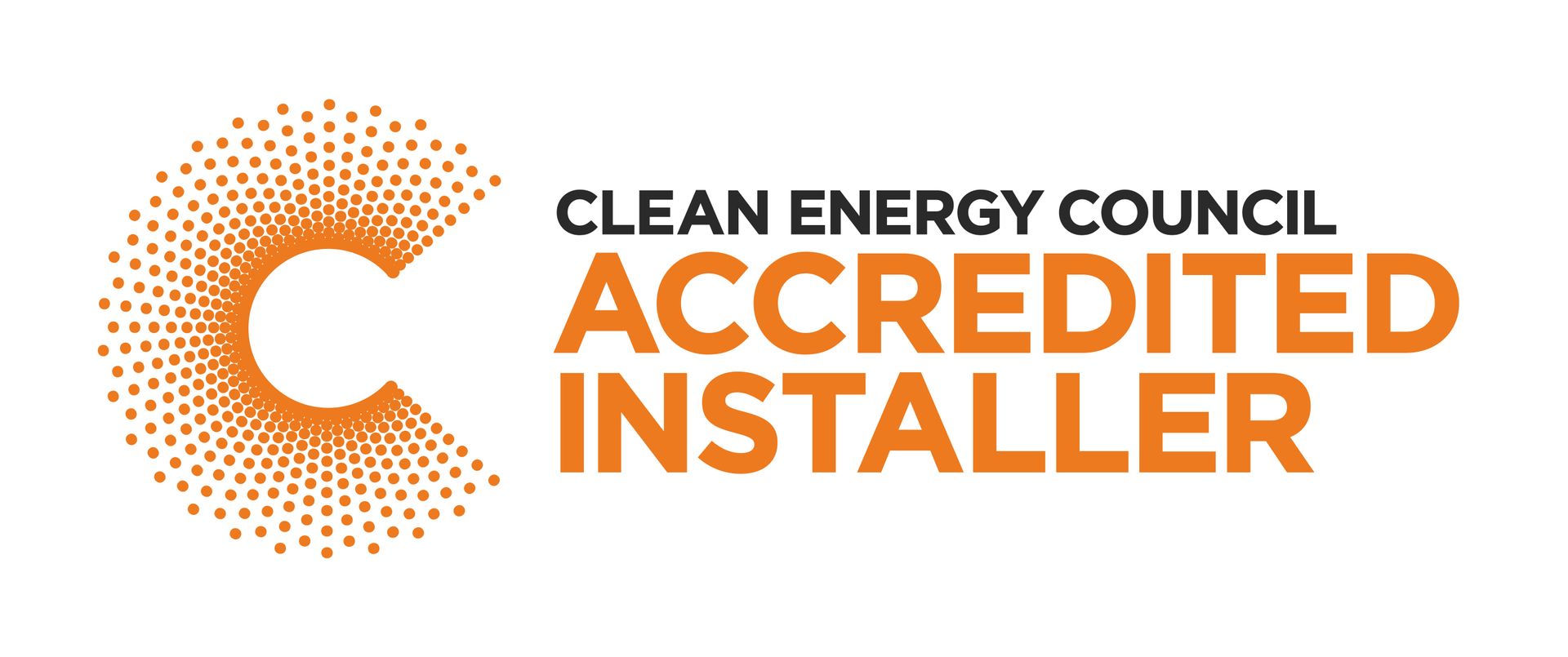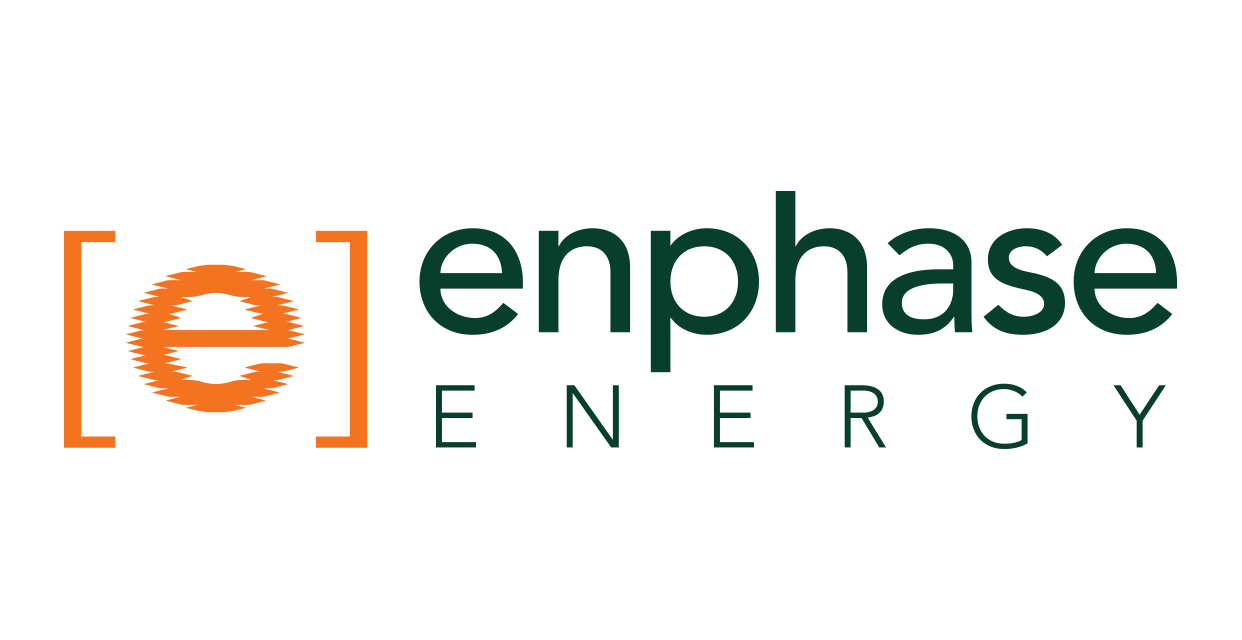How To Choose The Right Solar Panels For Your Home
Choosing the right solar panels for your home is an important decision that will affect your energy savings and lifestyle for years. With an increasing number of Australians turning to solar energy to reduce their electricity bills and environmental impact, the market for solar panels has never been more diverse. For those living in Wagga Wagga and surrounding areas, understanding your specific needs is crucial to making an informed choice. Here’s a detailed guide on selecting the ideal solar system for your property, ensuring you get maximum value and performance.
Table of Contents:
- Understand Your Energy Needs Before Choosing Solar Panels
- Consider the Roof Size, Shape & Orientation
- Evaluate Solar Panel Efficiency Ratings
- Compare Different Types of Solar Panels
- Understand Warranty & Product Lifespan
- Take Local Climate & Weather into Account
- Balance Budget Against Long-Term Value
- Choose a Trusted Solar Installation Specialist
- Ready to Take the Next Step Towards Solar Power?
Understand Your Energy Needs Before Choosing Solar Panels
Before diving into brands and models, it’s essential to understand your household’s energy consumption. This assessment helps determine the size and output of the solar system you need.
- Review your electricity bills: Check your average daily usage, seasonal variations, and peak demand times.
- Plan for future changes: If you’re considering buying an electric car, installing a pool, or expanding your home, these will increase your energy needs.
- Lifestyle habits: Households with people at home during the day can benefit more from direct solar usage, reducing reliance on stored energy.
Understanding your consumption ensures your system will match your needs without being oversized or underpowered.
Consider the Roof Size, Shape & Orientation
Your roof's characteristics play a vital role in determining the efficiency and feasibility of your solar installation. A professional site inspection can help optimise the design.
- Available space: Larger roofs can accommodate more panels, offering greater flexibility with system sizing.
- Orientation: In Australia, north-facing panels capture the most sunlight, while east and west-facing panels can help balance morning and afternoon usage.
- Shading: Trees, neighbouring buildings, or chimneys casting shadows on panels can significantly reduce performance.
Ensuring the solar panels are correctly positioned and spaced makes a noticeable difference in long-term system output.
Solar panel efficiency refers to how much sunlight the panel converts into usable electricity. Higher efficiency panels are especially important when roof space is limited or you want to maximise output.
- Standard efficiencies: Most panels offer between 15% and 22% efficiency.
- Higher efficiency options: Premium panels offer higher energy production per square metre.
- Return on investment: Efficient panels may cost more upfront, but can deliver greater energy production over time.
Choosing the right efficiency level based on your budget and available space helps ensure maximum benefits from your investment.
Compare Different Types of Solar Panels
Several types of solar panels are available, each with unique advantages depending on your needs and property type.
- Monocrystalline panels: Recognised by their black colour, they offer high efficiency and a sleek appearance, which is ideal for smaller roofs or homeowners wanting maximum power output.
- Polycrystalline panels: Slightly less efficient but more cost-effective, these blue-hued panels are a good choice for those with ample roof space.
- Thin-film panels: Flexible and lightweight, thin-film options are less common for residential use but can be helpful for special applications like curved roofs.
Understanding the differences can help you choose a system that balances performance, aesthetics, and budget.
Understand Warranty & Product Lifespan
A solar system is a significant investment; you want it to last decades. The warranty provided strongly indicates a product's quality and durability.
- Product warranty: Typically covers 10–15 years, ensuring the panels are defect-free.
- Performance warranty: This ensures that the panels will produce a certain percentage of their original capacity.
- Inverter warranty: Ensure the inverter, the heart of your solar system, is also covered.
Always choose products from reputable manufacturers offering strong warranty terms, providing peace of mind for the long term.
Take Local Climate & Weather into Account
Wagga Wagga experiences hot summers, mild winters, and occasional extreme weather, all of which can influence solar panel performance.
- Heat tolerance: High temperatures can reduce panel efficiency, so choosing panels with good temperature coefficients is crucial.
- Hail resistance: Ensure panels meet Australian standards for impact resistance, protecting your investment against severe weather.
- Dust & dirt: Some panels are designed to shed debris more easily, helping maintain performance between cleans.
Choosing solar panels built for local conditions ensures maximum durability and efficiency year-round.
Balance Budget Against Long-Term Value
When selecting a solar system, upfront costs shouldn’t be the only consideration. Focusing purely on price may save money initially, but a balanced approach that considers long-term value delivers better results. Solar panels are a long-term investment; choosing the right system can mean decades of reliable performance and ongoing savings.
Here’s what to weigh up:
- Upfront cost: Budget-friendly panels typically come with a lower initial price, while premium panels require a higher upfront investment.
- Efficiency: Budget panels usually offer moderate efficiency, meaning you may need more panels or space to generate the same amount of power. Premium panels deliver higher efficiency, making them ideal for homes with limited roof space.
- Lifespan: Budget panels generally last between 15 and 20 years, while premium options often offer a lifespan of 25 years or more.
- Overall value: While cheaper panels suit smaller budgets, premium panels offer excellent long-term investment returns thanks to higher energy production and longer service life.
Choose a Trusted Solar Installation Specialist
Working with a trusted solar installer is as important as choosing the right panels. A reputable professional will guide you through the process, ensuring you receive a system tailored to your needs and local regulations.
- Accreditation matters: Look for Clean Energy Council-approved installers to ensure quality workmanship.
- Custom design: Your home’s layout, shading, and energy needs should all be considered for a tailored solar solution.
- Ongoing support: Choose an installer who offers after-sales service, maintenance, and warranty support.
Partnering with a reliable local specialist ensures smooth installation and that your solar system delivers long-term benefits.
At Des Mullins Electrical & Solar, we help homeowners switch to clean, affordable solar energy with solar panels in Wagga Wagga. Whether you’re looking to install solar panels for the first time or upgrade your existing system, our team offers expert advice, quality products, and seamless installation services.
Get in touch with us today to book your free consultation. Let's make your transition to solar power in Wagga Wagga easy, efficient, and rewarding.

